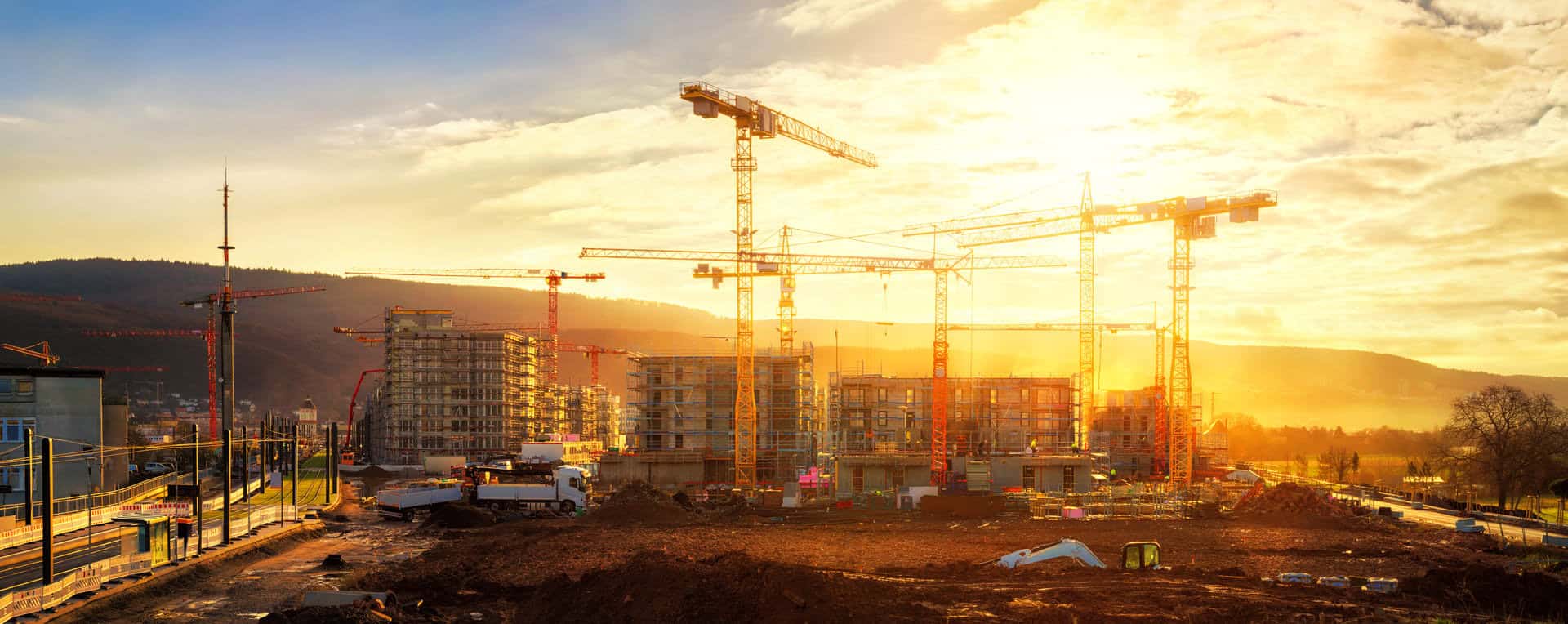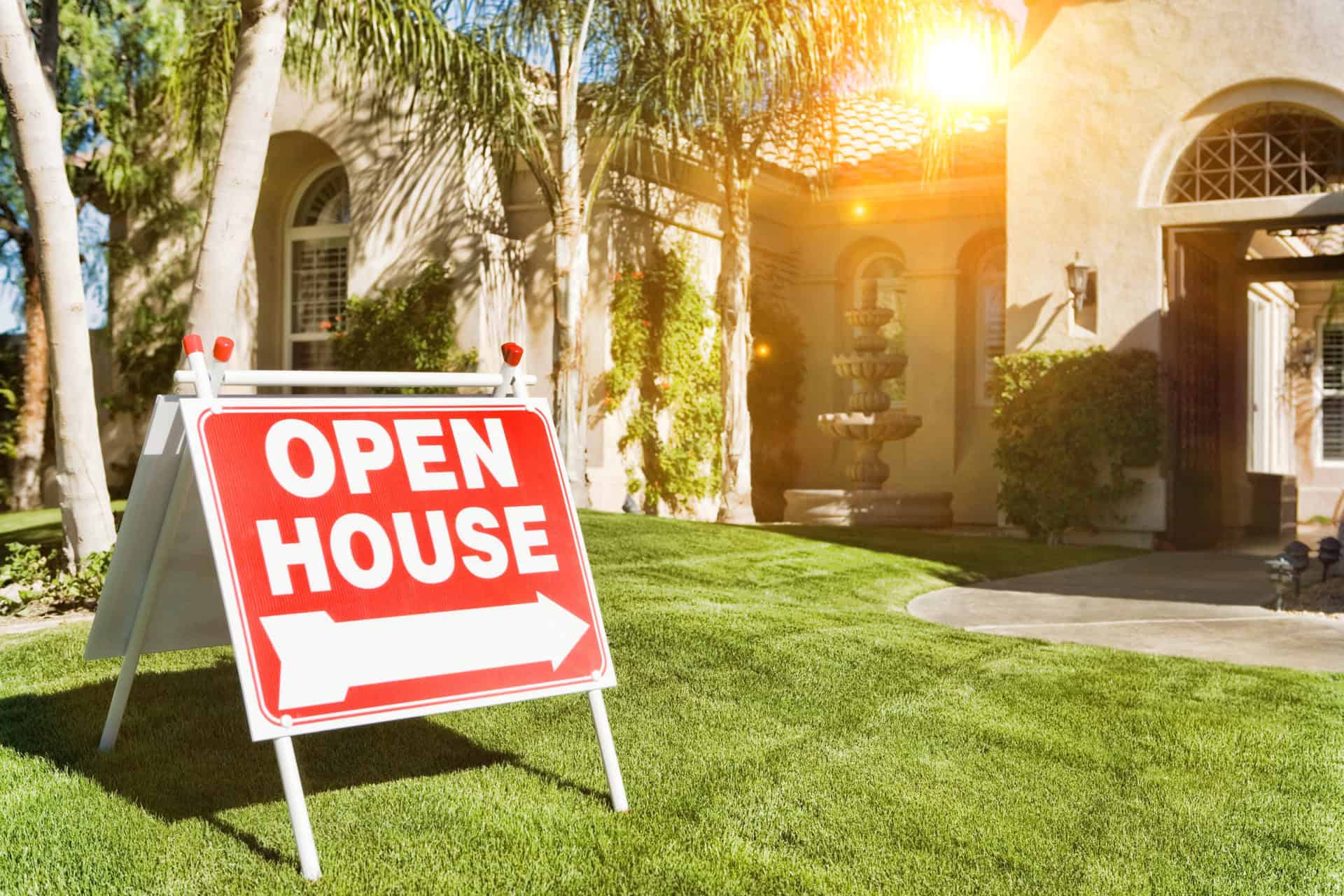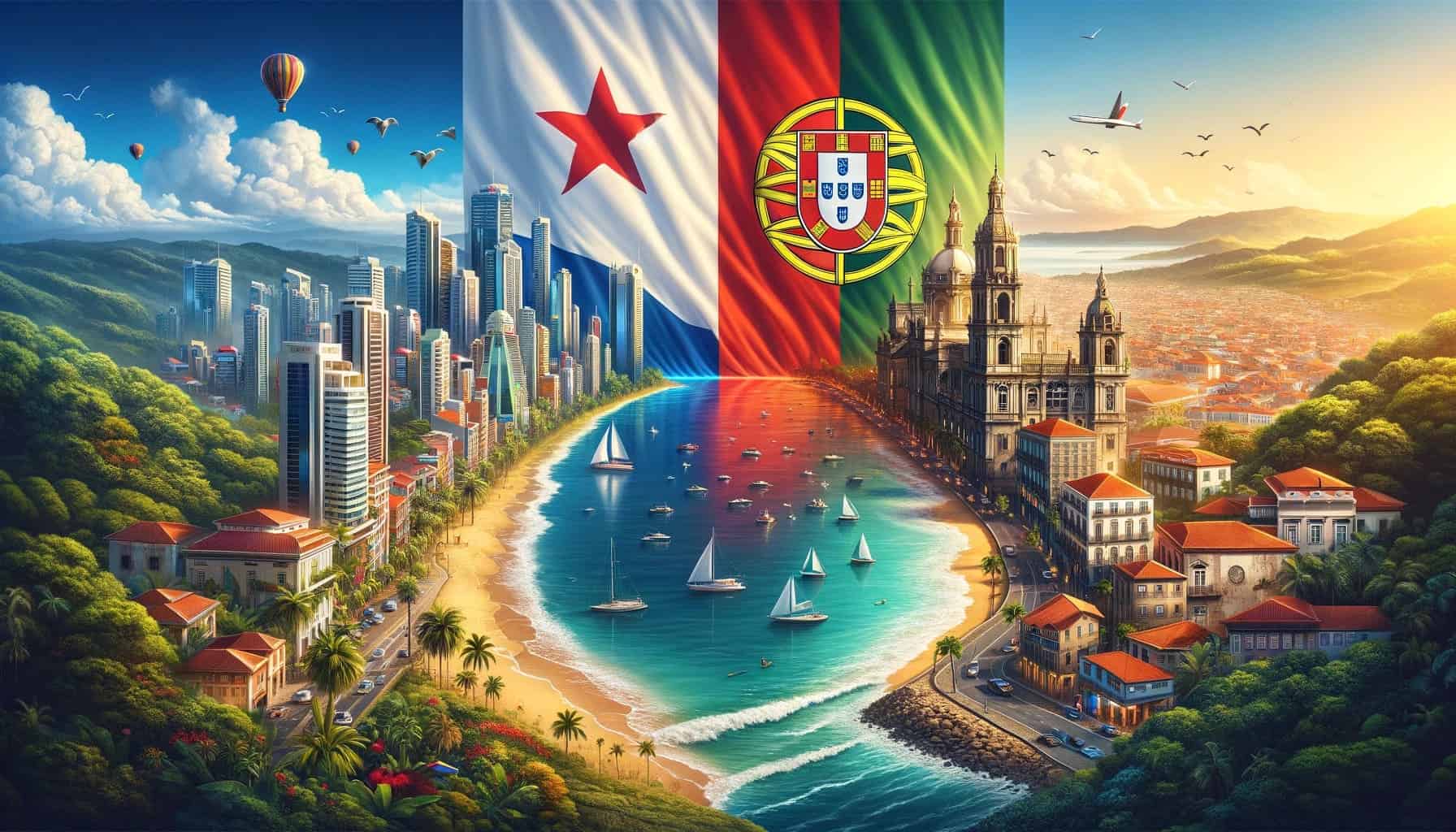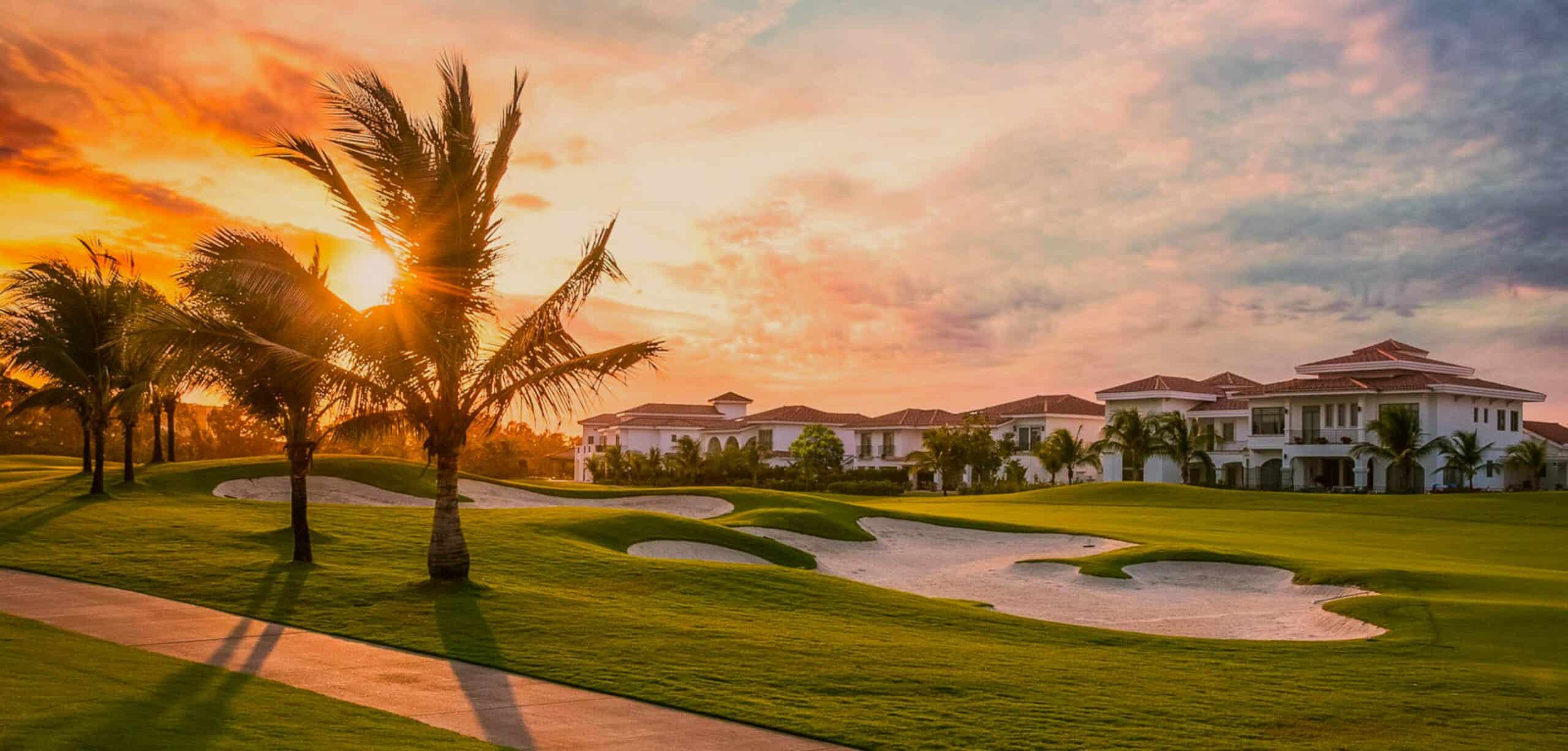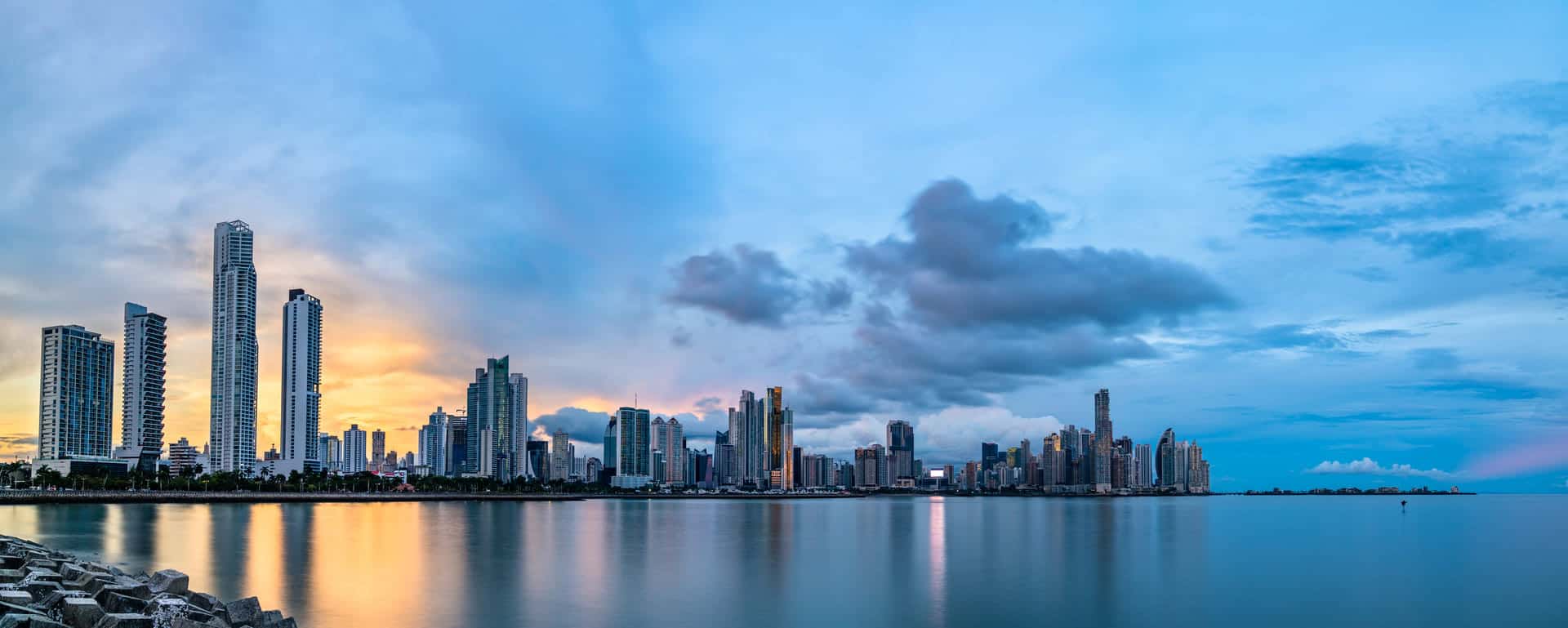Are you an expat wondering how to build a home in Panama? Embarking on the journey to build a house in Panama is an exciting endeavor, but navigating the ins and outs can be daunting. In this article, we delve into the intricacies of constructing your dream home in Panama. From understanding the legal requirements to selecting the perfect location, we provide a comprehensive guide to help you navigate every step of the journey. Whether you’re envisioning a beachfront escape in Bocas del Toro or a tranquil mountain retreat in Boquete, we’ve got you covered. Join us as we delve into the intricacies of building a house in Panama, empowering you to turn your vision into reality with confidence and clarity.

The Basics of Building a House in Panama
Constructing a house in Panama necessitates adherence to specific guidelines and regulations crucial for the process whether your vision entails a luxurious townhouse or a cozy beachfront home. They influence various facets such as architectural design, height restrictions, and setback requirements. Rural properties, notably those in Boquete, provide a calm and relaxed atmosphere to build your new home. It’s also imperative to note that access to infrastructure and services might not be as readily available as in urban areas, necessitating meticulous logistical planning.
Properties in Panama City or David provide easy access to a contemporary urban lifestyle, complete with amenities and convenience. However, they typically adhere to stringent construction regulations and come with higher price tags. In urban areas, purchasing pre-built apartments or townhouses is more prevalent due to the scarcity of suitable building lots. Beachfront properties, particularly in Bocas del Toro, are highly sought-after for residential construction. However, there are specific regulations aimed at preserving Panama’s coastal environment, which may influence your construction endeavors. By understanding these rules, you will be able to benefit greatly from the expanding Panama real estate market.
Different Types of Land Ownership in Panama
In Panama, there are two main types of land ownership: “Rights of Possession” and “Titled Properties”. Now, let’s explore the distinctions between these two forms of land ownership which are registered in the Public Registry of Panama.
- Rights of Possession (ROP): This type of land ownership entails the Panamanian government granting individuals the right to own and utilize government-owned land. Although ROP properties may come with lower costs, they present higher risks for investors.
- Titled Property: These are assets accompanied by an official title recorded in the Public Registry of Panama. A titled property stands as the most secure mode of land ownership in Panama, bearing similarities to the systems found in nations such as the US or Canada.
It’s significant to comprehend the difference between the three major types of properties in Panama:
- Freehold Ownership: With this type of ownership, you possess both the property and the land it occupies, ensuring maximum security and investment flexibility.
- Leasehold Ownership: In this arrangement, properties are held on lease for typically 99 years, after which ownership returns to the landowner.
- Concession Ownership: Typically found in maritime areas, these properties aren’t owned but can be utilized and generate income for a fixed period, usually up to 20 years, subject to government approval.
If you’re ready to start, explore our listings of land for sale in Panama here!
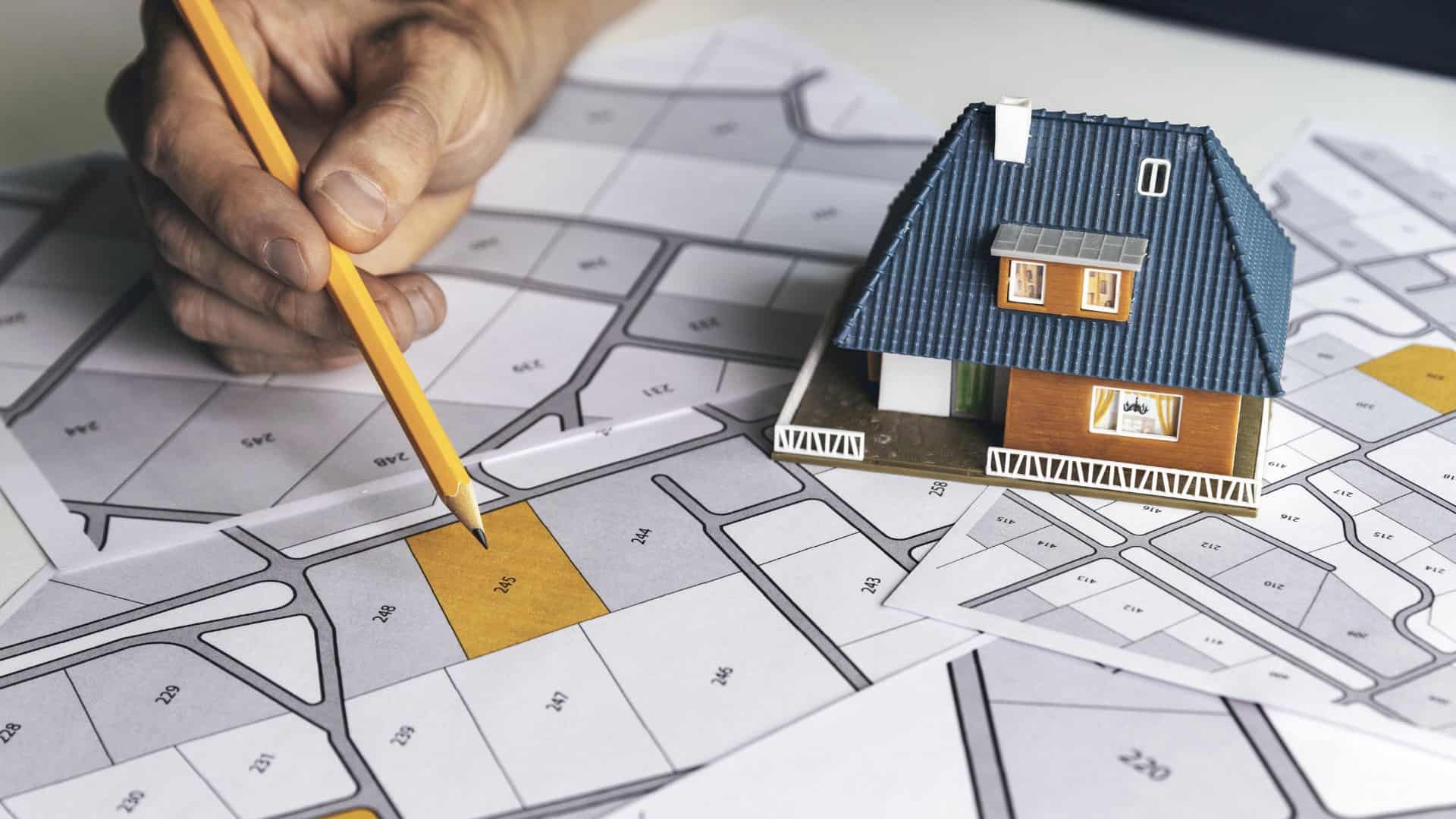
Building Regulations in Panama
Adherence to specific construction codes and standards isn’t optional but mandatory in Panama. Given the country’s geographical location, residential construction must be carefully planned to withstand seismic activity. Consequently, larger homes are typically constructed using concrete blocks or other appropriate materials to ensure resilience against earthquakes. Similarly, in coastal regions like Bocas del Toro or Pedasi, construction must be sturdy enough to withstand the impact of hurricanes. Panama’s warm, tropical climate poses challenges to building durability. Therefore, you must select materials capable of withstanding heat, humidity, and prolonged heavy rainfall. Embracing environmentally friendly practices is essential for new constructions. This can involve incorporating energy-efficient designs and utilizing sustainable materials such as durable hardwoods.
Zoning regulations in Panama categorize land based on its intended purpose, which may include residential, commercial, or agricultural use. Each zoning category imposes distinct building limitations such as maximum building height, population density, and permissible land usage. Notably, under Panama’s Maritime Zone Law, the first 200 meters of beachfront and island properties are designated as public land. Investors should take into account these regulations when evaluating beachfront or island properties. While concessions for land use and development within the Maritime Zone may be granted by the government, they are subject to specific terms and obligations that investors must carefully assess. Failure to comply with these regulations can result in legal consequences or fines.
Perfect Spot for Your New Home in Panama
Choosing the perfect location is important when building your dream home. Here are several sought-after regions in Panama that have captured the attention of expatriates and new arrivals:
Pedasi: Pedasi, located in Panama’s Los Santos Province, offers an enticing mix of cost-effective living and building opportunities, paired with easy access to everyday needs. Celebrated for its pristine beaches, it is a haven for those who adore the ocean and cherish outdoor adventures. The area is increasingly popular among expatriates, who are attracted by its affordability and friendly community vibe.
Boquete: Boquete boasts a refreshing climate, stunning mountain vistas, and a vibrant expat community. Renowned as Panama’s lushest region, it’s a prime choice for retirees. Properties here vary from mountain houses to coffee plantations, catering to diverse preferences. If you’re interested, read our comprehensive Life-in-Boquete Guide here!
Bocas del Toro: Bocas Del Toro offers a tropical coastal haven, renowned for its stunning beaches, lush rainforests, and relaxed Caribbean atmosphere. Options include beachfront condos in Bocas Town and magnificent private islands. If you’re interested, read our comprehensive Bocas del Toro Guide here!
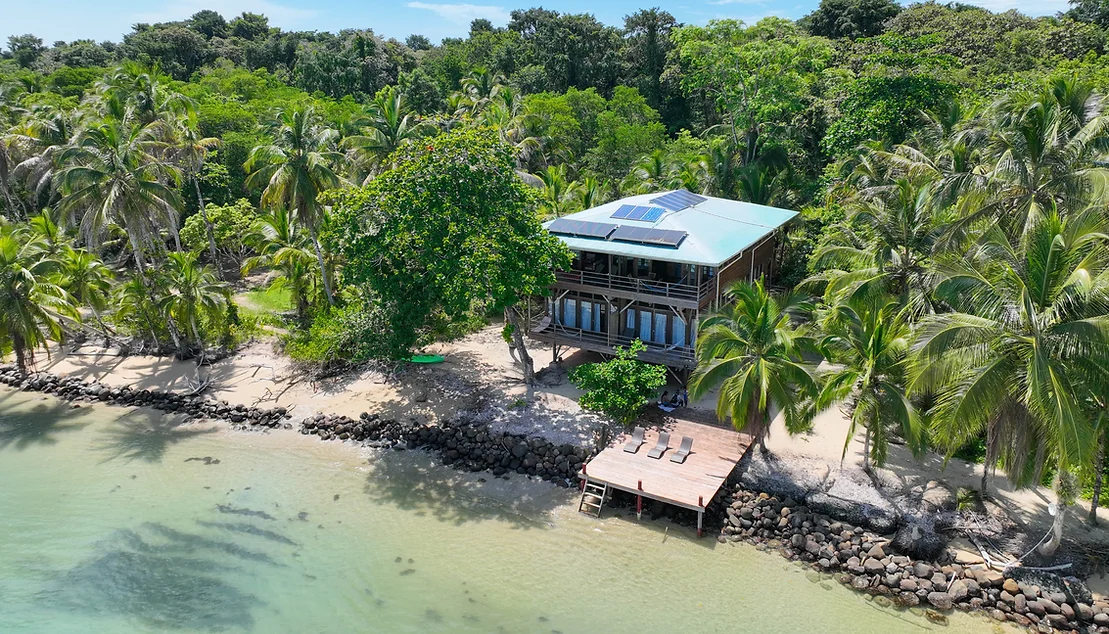
Home Building Process in Panama
Building a home in Panama requires a clear plan. Familiarizing yourself with the construction process can lead to considerable savings in time, money, and stress. Here are some key considerations before embarking on your house construction project in Panama:
- Land Acquisition: Verify land title clarity in the Public Registry of Panama and ensure all legal documentation is in order. Consider legal counsel for guidance at this stage.
- Planning and Design: Hiring an architect is vital for any larger home build. They can alter your chosen plans to suit Panama’s building codes, which highlight concrete block construction for earthquake resistance.
- Acquiring Permissions: Once the design is finalized, the subsequent step involves seeking building permits from local authorities. This process may consume time, hence consider it in your project timeline.
- Contractor Selection: Choose a trustworthy local contractor familiar with regional building standards and regulations. If self-managing, hire subcontractors as needed.
- Building: Begin construction once all preparations are in place. Regular site visits ensure progress and quality control. If absent often, consider hiring someone to oversee construction.
- Completion: Obtain an occupancy permit post-construction for move-in, usually facilitated by your general contractor.
Tips for Building a House in Panama
Look for a builder who provides in-house architectural services. Opting for your builder’s design expertise benefits in several ways: it saves money, reduces errors due to their familiarity with your project, and prevents disputes. Ensure specialists handle critical tasks like site drainage and home placement on challenging terrains, considering Panama’s tropical environment. Avoid entrusting such decisions to inexperienced individuals to ensure your project’s success and longevity.
Effective communication with your architect, contractor, and workers is paramount for project success. Establish clear communication lines from the start to ensure all parties are aligned. If language barriers exist, utilize translation tools or hire a translator. Managing timelines and quality is important so you have to create realistic schedules and hold contractors accountable. You should do regular site inspections to maintain quality standards and understand local culture and customs to foster good relationships. Consider cultural differences and seek advice from expat communities for valuable insights and recommendations.
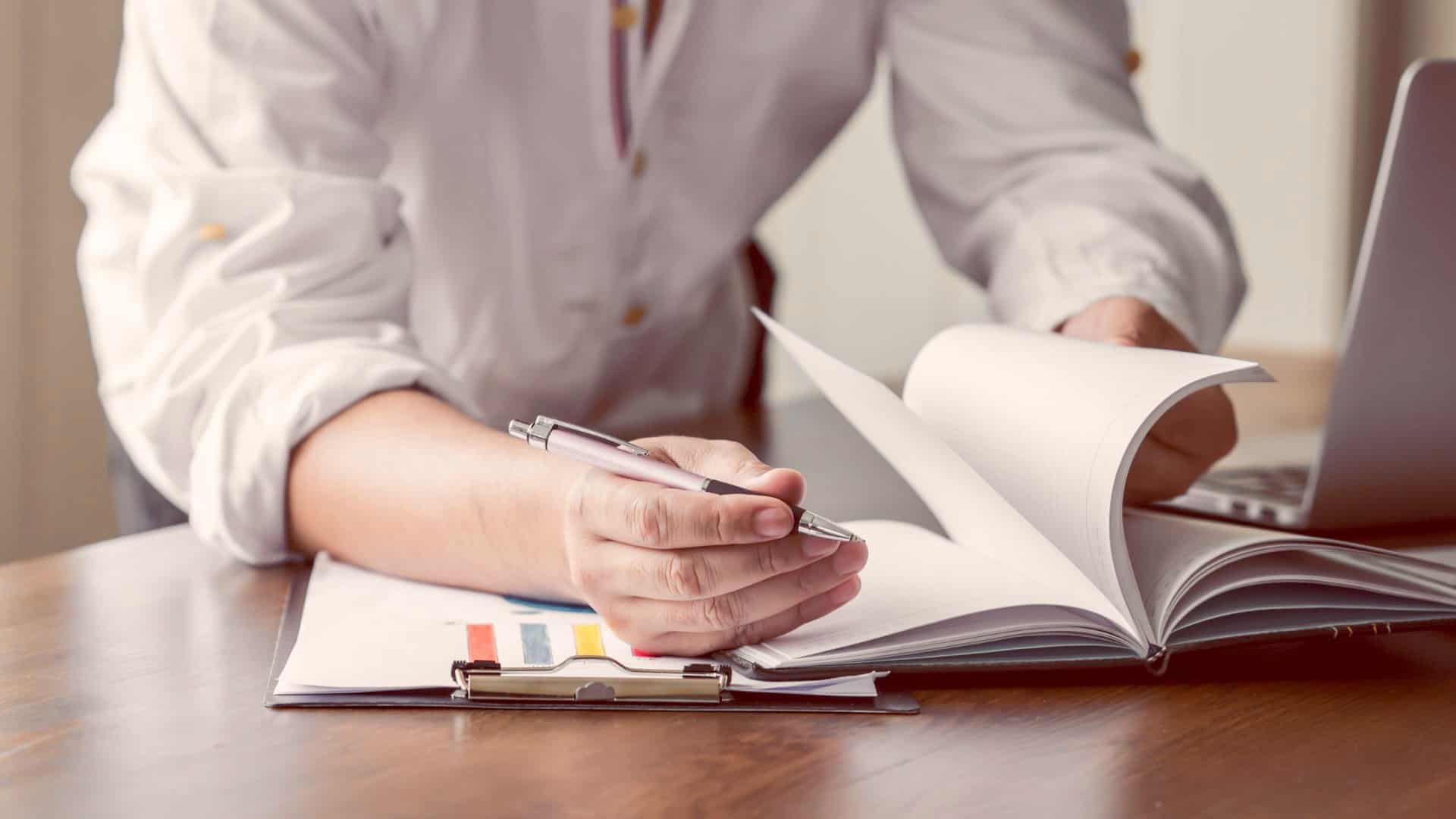
Can you build a DIY Dream Home in Panama?
Yes, if you’re budget-conscious, skilled at building, or mechanically inclined, you can tackle the challenge of DIY home construction in Panama, even without language skills. However, if you’re the type to call a plumber for a leaky faucet and lack understanding of home construction, it’s best to hire a contractor. Building a house involves critical considerations like water systems, waste management, electricity, parking, ventilation, and security. Physical readiness is essential for this task.
Building your own house can be an incredibly rewarding experience. Putting in those exceptional finishes and building exactly what you want adds another level of pride to homeownership. DIY home building can be surprisingly inexpensive, especially if you already have land in Panama to build on. A DIY home means you can build within your budget, customize the house to fit your lifestyle, and have the fulfillment of knowing that you put in the work yourself.
Expenses to Keep in Mind During Home Construction
Being aware of the costs involved in constructing a home in Panama can assist in avoiding unexpected budgetary challenges. Here’s a general summary of key considerations:
- Land Procurement: The choice of land location and type significantly influences overall expenses. Costs fluctuate depending on proximity to amenities, desired views (e.g., beachfront, mountain), and land ownership status.
- Building Supplies: Choosing durable materials initially may cost more but proves economical over time with lower maintenance. Using local resources like tropical hardwoods offers affordability and sustainability due to renewability and shorter transport distances.
- Labor Expense: Skilled labor costs impact budgets greatly. Prioritize quality to ensure a sturdy, well-built home, avoiding shortcuts despite the expense.
- Legal & Permitting Costs: Factor in expenses such as attorney and notary fees, taxes, and permits. While not the bulk, they can constitute 5-10% of your home construction budget.
Construction Cost
Building costs in Panama vary significantly, primarily dependent on chosen finishes. Here’s an overview of potential house construction expenses in Panama.
- Basic DIY type – $370 to $500 / m²
- Basic Panamanian style – $500 to $650/ m²
- Typical Panama house – $650 to $800 / m²
- Average Western-style – $750 to $1,300 / m²
- Luxury Homes – $1,300 to $2,200 / m²
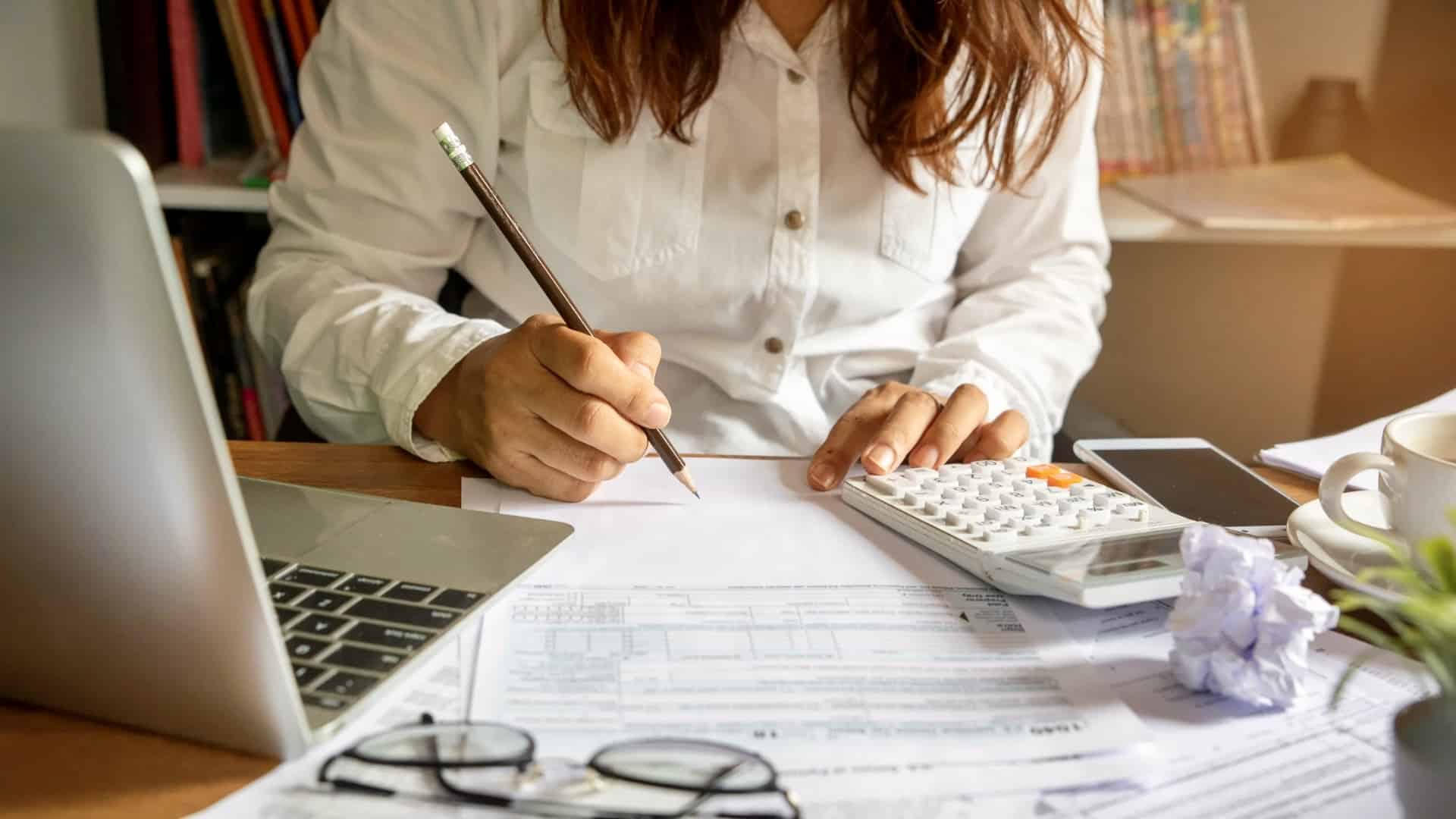
Legal and Financial Considerations when Building a House
Starting a home construction project in Panama involves specific legal obligations and processes. Familiarizing yourself with these in advance prevents unexpected setbacks. To ensure smooth progress, take into account the following factors:
Notarization & Registration: In Panama, all property transactions must undergo notarization and registration at the Public Registry. Typically, both the buyer and seller split notarization expenses, with the buyer bearing all registration fees.
Legal Assistance: Engaging a proficient legal team familiar with Panamanian property laws is advisable. They can assist in navigating property acquisition and obtaining construction permits.
Due Diligence: Before land purchase, conducting due diligence is a must. Ensure to verify the title status, identify any liens or liabilities, and ascertain the absence of disputes regarding the property.
Prices to Consider
- Land Prices: Land prices vary based on their location, urban or rural, and their classification.
- Architect Fees: Typically constitute 5-10% of the total construction expenditure.
- Construction Costs: Generally, fall between $370 to $2200 per square meter, contingent upon location and material selection.
- Legal Fees: Typically amount to 1-2% of the property’s value.
- Notary Fees: Estimated at approximately $200-$500.
- Property Tax: Ranges from 0.6% to 1% of the property’s assessed value annually.
- Capital Gains Tax: Imposed at a rate of up to 10% on profits from property transactions.
Conclusion
In conclusion, building your dream home in Panama in 2024 requires thorough research and preparation. Understanding the legalities, selecting the right location, and adhering to construction guidelines are crucial steps in the process. Whether you’re drawn to the coastal charm of Bocas del Toro or the serene landscapes of Boquete, this article equips you with the knowledge and confidence to navigate every aspect of building your home. With careful planning and attention to detail, you can turn your vision into a reality in Panama’s vibrant and diverse landscape.

